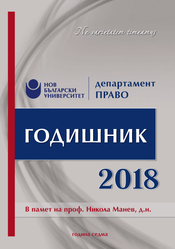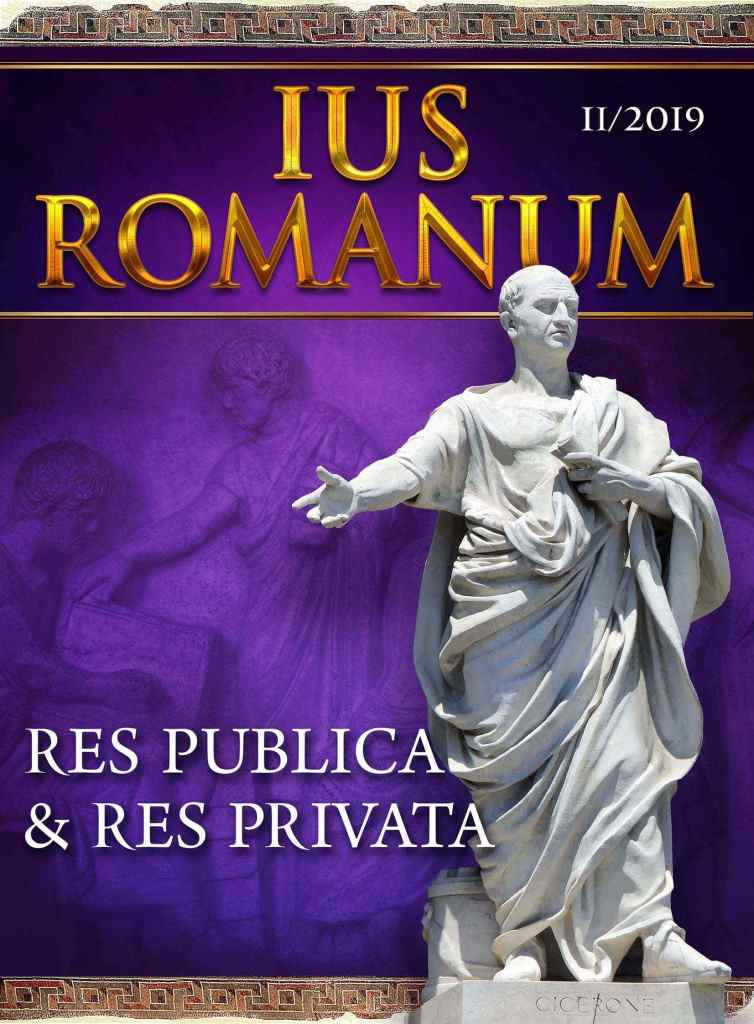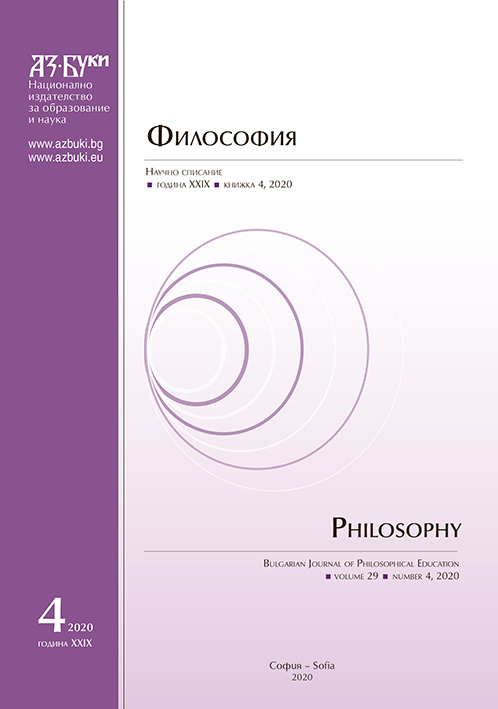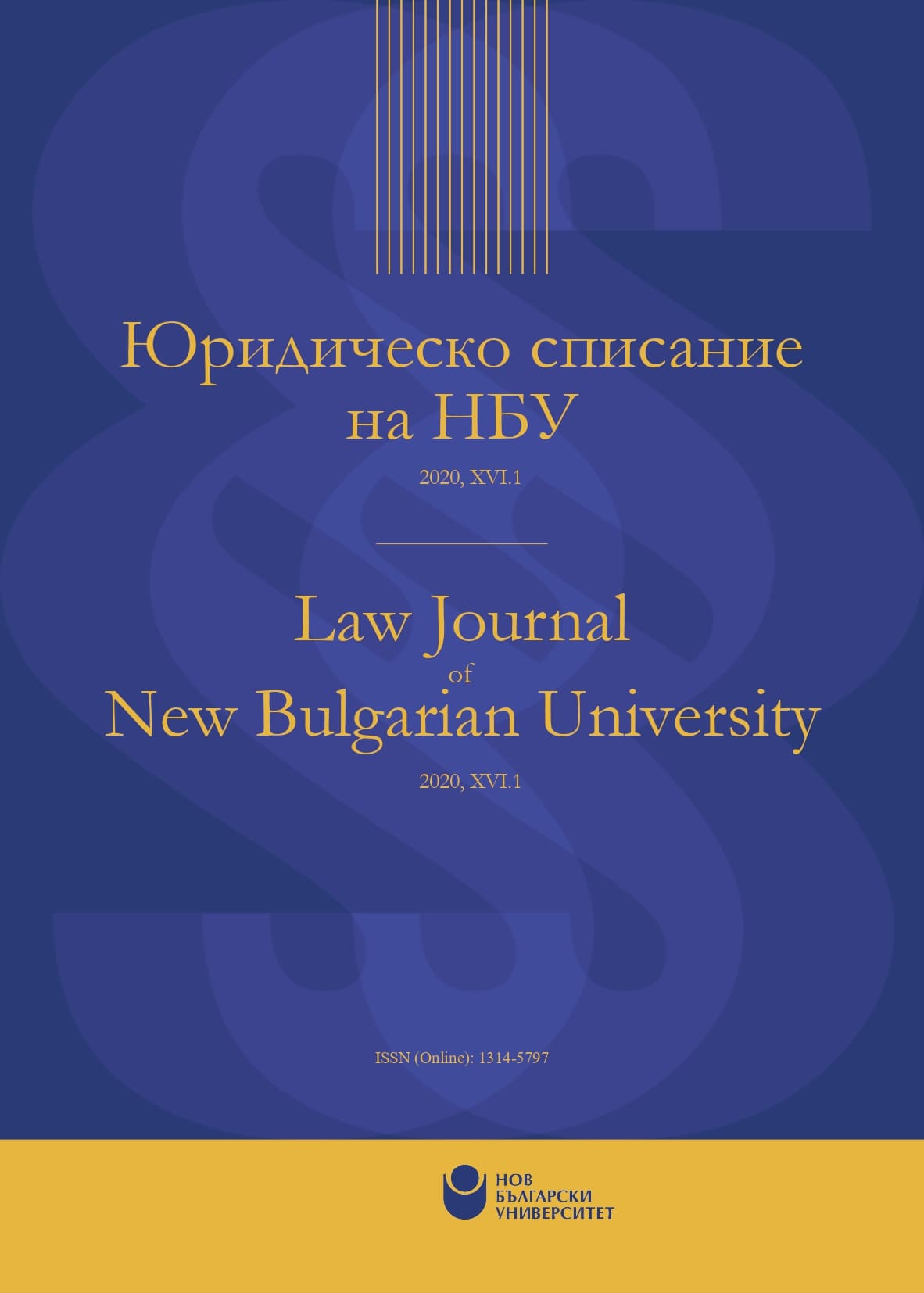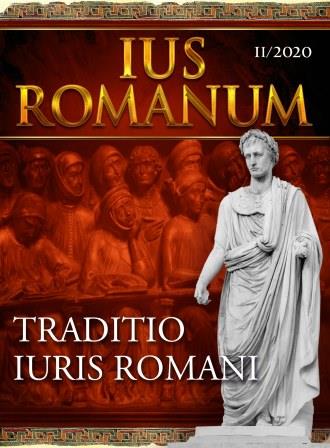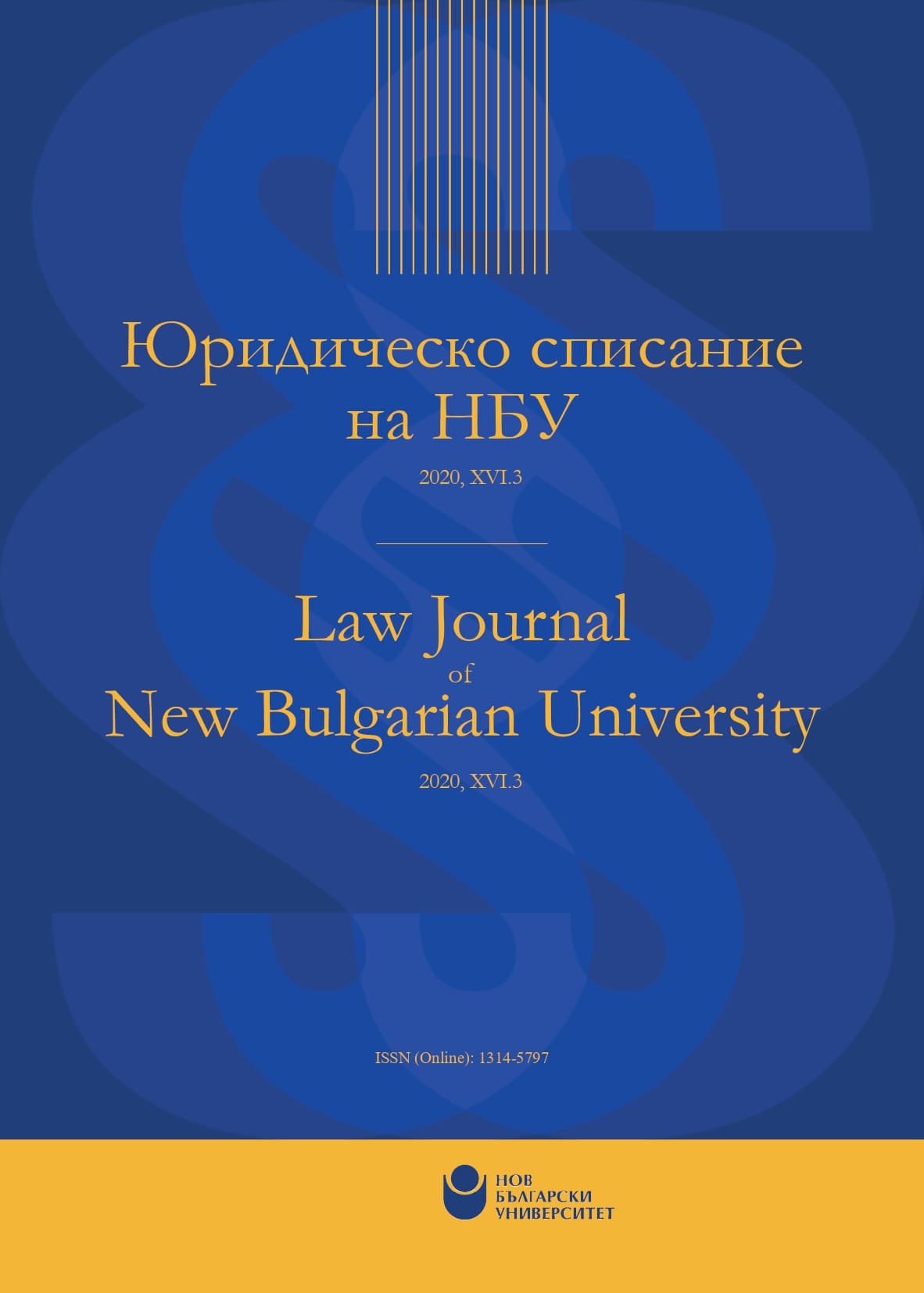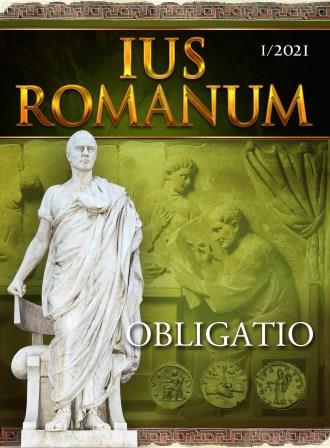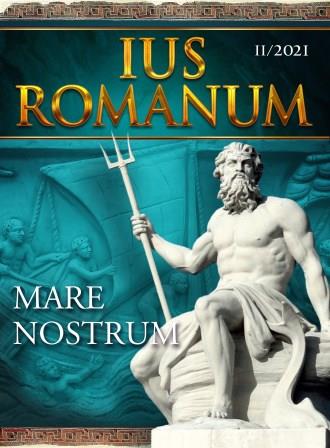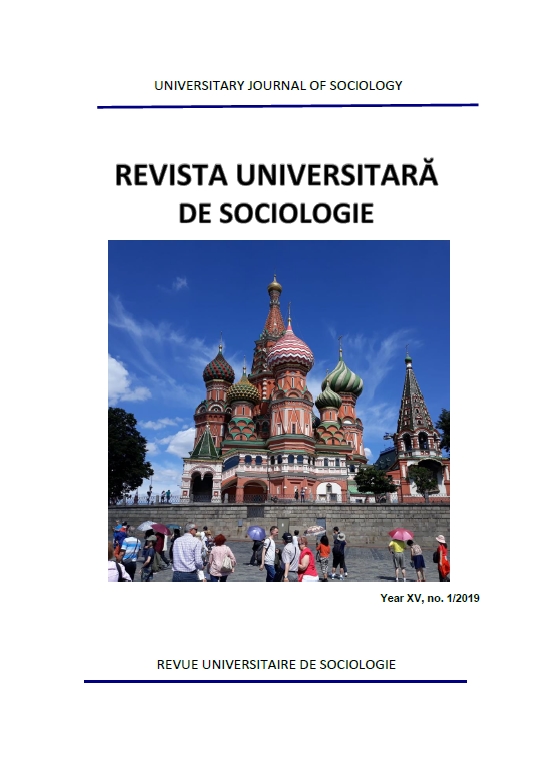
REFUGEE CRISIS IN LESBOS AS A STATE AND A STATE-CORPORATE CRIME
The critical criminological thought can and has to discuss on the relation between crime and migration issues. By invalidating the myths that constitute common rhetoric in political and media analysis–through which repression policies become stricter and stricter-state crime, the crimes of bodies of official and unofficial social control against refugee and immigrant populations and state-corporate crimes are coming into light. A fundamental question arising is whether or not the planned or enforced State policies can become or are the real crime. The present article first makes some theoretical assumptions on the issue of State crimes against migrant populations and state corporate crime and then seeks to examine the application of those theories in practice through a case study: the recent refugee crisis in Lesbos.
More...
